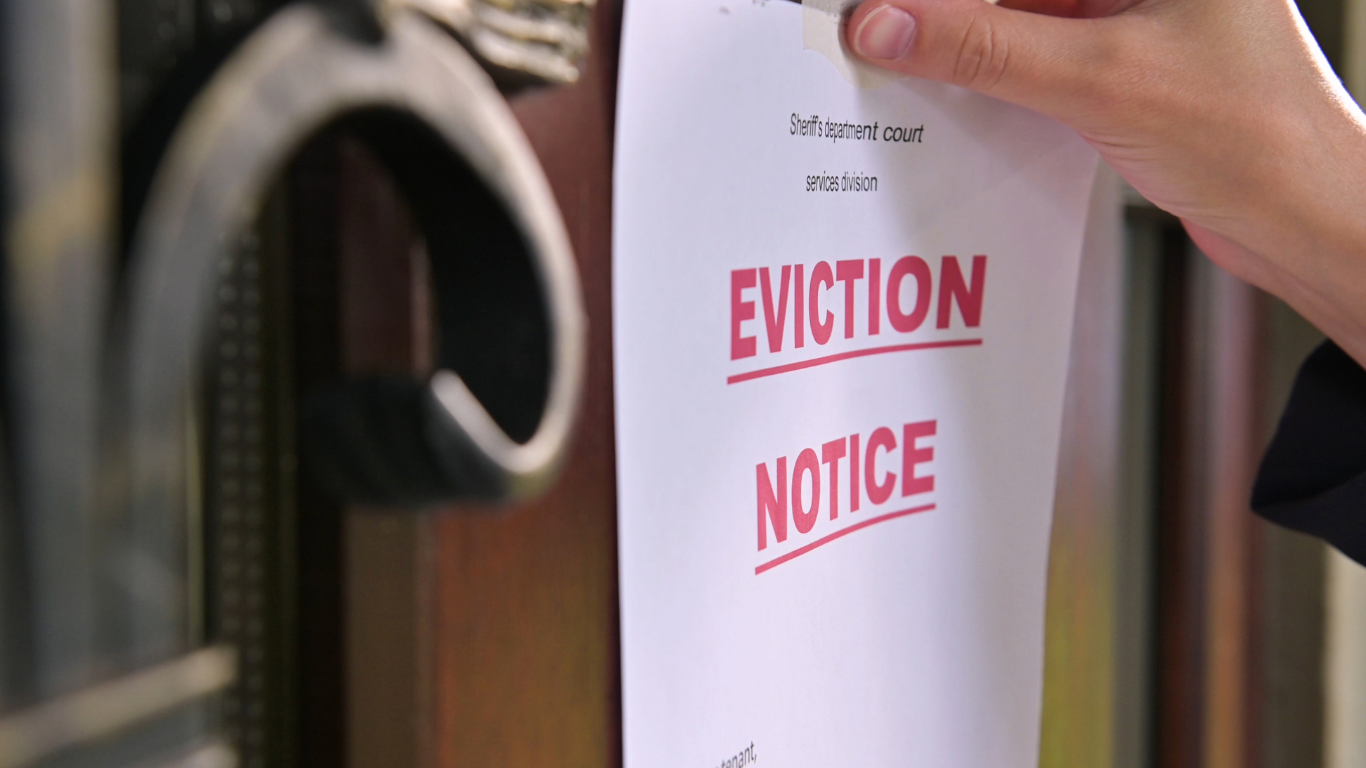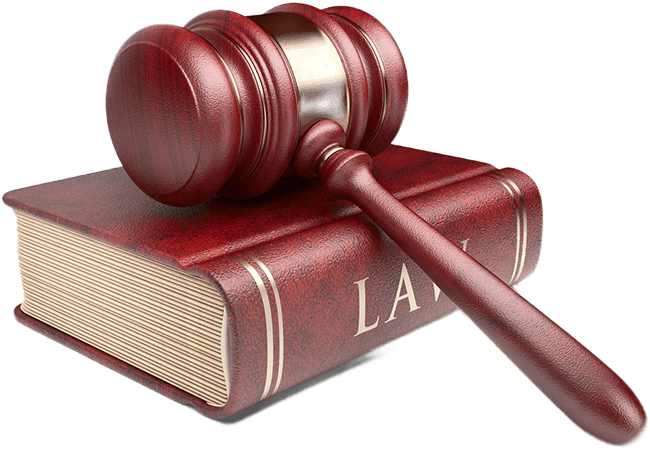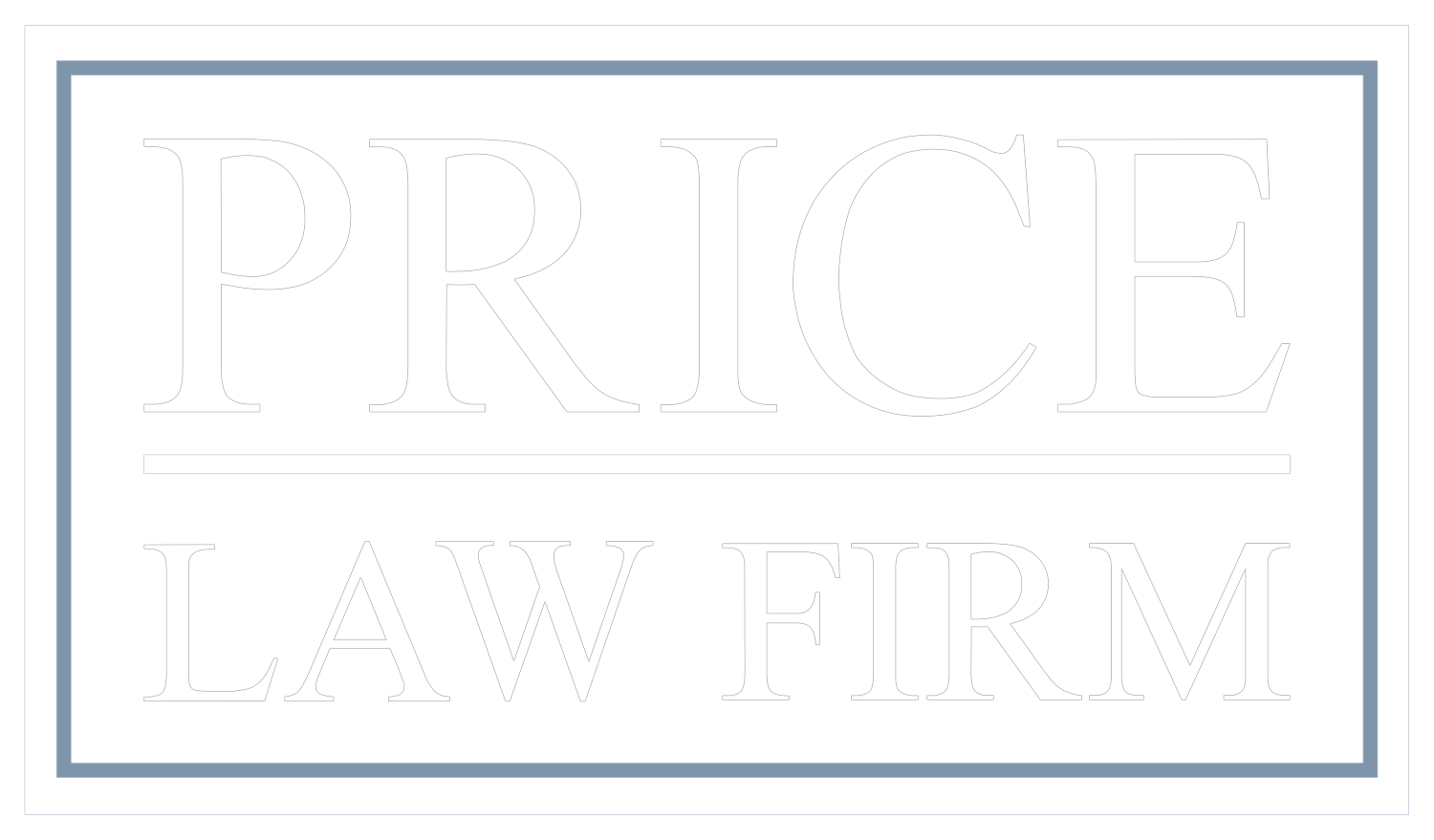
Navigating Holdover Evictions in NYC: What Tenants and Landlords Need to Know
Holdover evictions are among the most misunderstood legal actions in New York City’s complex housing system. Unlike non-payment evictions, holdovers don’t hinge on missed rent—they arise when a landlord wants a tenant to vacate for reasons unrelated to payment. That could include lease violations, unauthorized occupants, expiration of the lease, or even illegal subletting.
Whether you’re a landlord seeking to regain possession of your property or a tenant facing a surprise notice to vacate, it’s critical to understand how holdover cases work—and why they often become legal battlegrounds.
At The Price Law Firm, our tenant eviction lawyers have over 25 years of experience helping both landlords and tenants navigate the unique legal hurdles of holdover evictions in NYC. Here’s what you need to know before heading to housing court.
What Is a Holdover Eviction?
A holdover eviction is a legal proceeding initiated by a landlord to remove a tenant who is allegedly remaining in a rental unit without legal right to stay—even if the tenant is current on rent.
Common situations that lead to holdover cases include:
- A lease has expired and was not renewed
- A tenant remains after being properly terminated
- An unauthorized person is occupying the unit
- There’s a lease violation, such as illegal subletting or nuisance behavior
- The apartment is needed for personal use by the landlord (in certain cases)
Unlike non-payment evictions, which focus strictly on unpaid rent, holdovers can be subjective and fact-heavy, often leading to intense legal disputes. That’s why hiring an experienced tenant eviction lawyer is essential, regardless of which side you're on.
Key Rights and Responsibilities: Landlords vs. Tenants
Because holdover evictions rely less on black-and-white numbers (like unpaid rent) and more on legal interpretation, understanding your responsibilities is crucial.
For Landlords:
- You must serve proper notice based on the tenant's lease and occupancy status.
- The notice period could be 30, 60, or 90 days depending on the situation.
- You cannot lock the tenant out or remove them without a court order—this is considered an illegal eviction.
- Mistakes in the notice process often cause cases to be dismissed.
For Tenants:
- You have the right to receive legal notice before the landlord begins the eviction process.
- You are entitled to a court hearing and can raise legal defenses.
- Remaining silent or failing to show up in court can result in a default judgment against you.
Because The Price Law Firm represents both landlords and tenants, we’re able to anticipate the opposing side’s arguments and build a strategic case to protect your rights from every angle.
The Holdover Process in NYC: Step-by-Step Breakdown
Understanding the timeline and steps of a holdover eviction can help both tenants and landlords prepare more effectively.
1. Termination Notice is Served
- This is the first formal step.
- The landlord must provide proper notice based on the type of tenancy:
- 30 days: For tenants who have lived there less than one year
- 60 days: For tenants between 1-2 years
- 90 days: For tenants over 2 years or rent-regulated units
Improper service or incorrect notice periods can get the case thrown out.
2. Filing the Holdover Petition in Housing Court
- After the notice period ends, the landlord can file an eviction proceeding.
- The tenant is then served a petition and notice of court date.
3. Court Appearance
- Both parties must appear in Housing Court.
- The judge may encourage settlement, but if no agreement is reached, the case proceeds to trial.
4. Trial
- Evidence is presented: leases, communication, photos, witness testimony.
- Legal defenses and counterclaims are introduced.
5. Decision and Warrant of Eviction
- If the landlord wins, the court issues a judgment of possession and warrant of eviction.
- The tenant is usually given a grace period (typically 14 days) to vacate.
A knowledgeable tenant eviction attorney can often resolve disputes early or secure more favorable terms for clients, avoiding a full trial altogether.
Common Legal Defenses in Holdover Evictions
Many tenants wrongly assume a holdover eviction is unwinnable. In reality, defenses exist—and they’re often effective, especially when raised early by qualified counsel.
Tenants May Argue:
- Improper or defective notice
- Retaliatory eviction (e.g., after requesting repairs)
- Discrimination (especially in protected classes)
- Succession rights (family members remaining after tenant’s death)
- Breach of warranty of habitability
- Landlord accepted rent after lease termination, creating a new tenancy
Landlords May Argue:
- Tenant violated a material term of the lease
- Unauthorized person is occupying the unit
- Tenant refused to sign a renewal lease under lawful terms
- Unit is being illegally sublet
Many landlords underestimate how stringent NYC housing law is, especially with rent-stabilized or rent-controlled apartments. A misstep can derail the case—something The Price Law Firm regularly helps clients avoid.
How Rent-Stabilized Units Complicate Holdover Cases
Rent stabilization adds another layer of complexity to holdover cases. NYC laws provide enhanced protections for tenants in these units, and landlords face strict procedural requirements to lawfully remove such tenants.
Unique Considerations Include:
- Tenants are often entitled to lease renewals by default.
- Landlords must have a legal reason not to renew (e.g., chronic lease violations).
- Succession rights allow qualifying family members to remain even if the tenant of record passes away.
- Claims of primary residence (or lack thereof) often become the focal point.
These cases require precise documentation and a clear strategy—both of which The Price Law Firm brings to every holdover eviction we handle. Our tenant eviction lawyers are deeply familiar with DHCR rules and the nuances of rent-stabilization law.
Strategic Tips for Landlords and Tenants
Here are tactical steps both parties can take before and during a holdover eviction to strengthen their position.
For Landlords:
- Document everything—lease violations, communications, attempts to resolve issues
- Don’t accept rent after serving a termination notice unless you want to restart the clock
- Hire legal counsel before sending any notices to ensure compliance
- Consider negotiated move-outs or cash-for-keys deals where appropriate
For Tenants:
- Don’t ignore a termination notice or court papers—respond promptly
- Gather proof of tenancy, communication with landlord, and evidence to refute claims
- Ask about your succession rights if you’re a family member of the tenant
- Never agree to move out without understanding the legal consequences
Both sides can benefit from a pre-litigation consultation with an experienced attorney. The Price Law Firm helps clients assess their situation clearly and decide on the smartest path forward.
What Happens After the Case? Impacts and Next Steps
Even after a judgment is issued, the consequences of a holdover eviction can follow you.
For Tenants:
- A judgment can appear on tenant screening reports, affecting future rentals
- You may lose eligibility for housing vouchers or rent assistance
- Your security deposit may be withheld
- You have the right to appeal or request more time to vacate (in some cases)
For Landlords:
- Winning doesn't guarantee immediate possession—delays can occur
- Enforcement of eviction through marshals involves added time and fees
- A poorly handled case can lead to future legal challenges
That’s why The Price Law Firm focuses on long-term legal planning even after your case concludes. We help landlords revise leases and reduce liability. We help tenants protect their housing rights and move forward with minimal impact.
Why Legal Representation Is Crucial in Holdover Evictions
Holdover cases are not cookie-cutter court filings—they’re fact-sensitive, nuanced, and often hinge on minor procedural details. Housing court judges expect both parties to follow strict legal standards. One small mistake can cost you the entire case.
The Risks of Going Without a Lawyer:
- Landlords may have their case dismissed on technical grounds
- Tenants could lose their home or eligibility for future housing
- Courtroom confusion often leads to rushed settlements or default judgments
At The Price Law Firm, we provide tailored legal strategies that reflect your position, your goals, and the unique facts of your case. Our attorneys handle holdover cases daily in courts across Manhattan, Brooklyn, Queens, and beyond.
Schedule a Free Consultation with The Price Law Firm Today
If you’re involved in—or worried about—a holdover eviction in NYC, don’t wait to get legal advice. Whether you’re a landlord trying to reclaim your unit or a tenant trying to defend your home, The Price Law Firm has the experience, insight, and tenacity to guide you through it.
📞
Call (212) 675-1125
📧
Or
schedule a free consultation online
We’ll evaluate your case, explain your rights, and build a customized legal strategy to achieve the outcome you need.
Don’t leave your legal matters to chance. SCHEDULE A CONSULTATION OR CALL US AT (212) 675-1125 for a personalized consultation and let our experts guide you through every step of the process.
Joshua Clinton Price
Founder of The Price Law Firm LLC
Josh Price is a lawyer who is sought by clients with complicated cases because of his extensive knowledge of the law and his ability to help the law evolve.
Search an article
Contact Us for a
FREE Consultation
Blog (Website Form)

Facing a real estate issue?
Contact us to schedule a consultation and get expert legal advice tailored to your specific needs and circumstances.
OR CALL US NOW AT:
SHARE THIS ARTICLE:
Recent Posts
Get Expert Legal Advice











